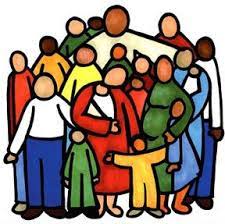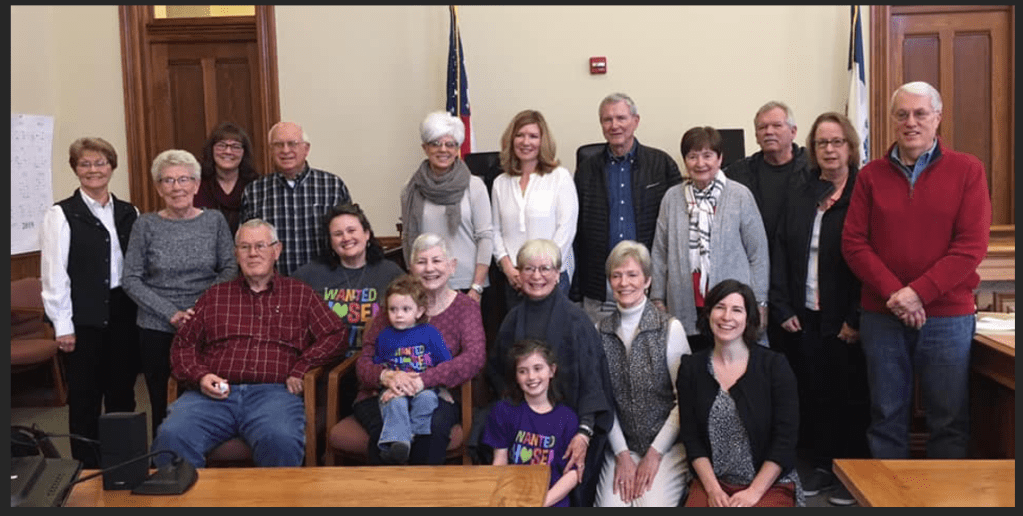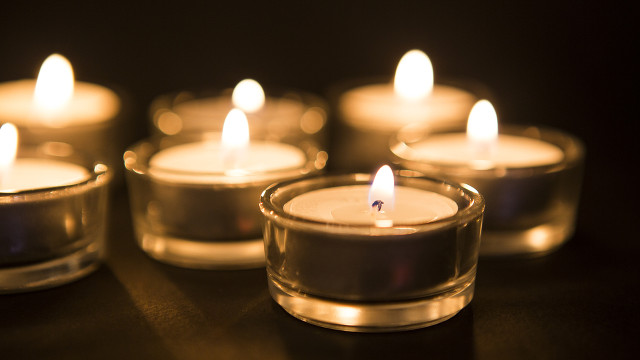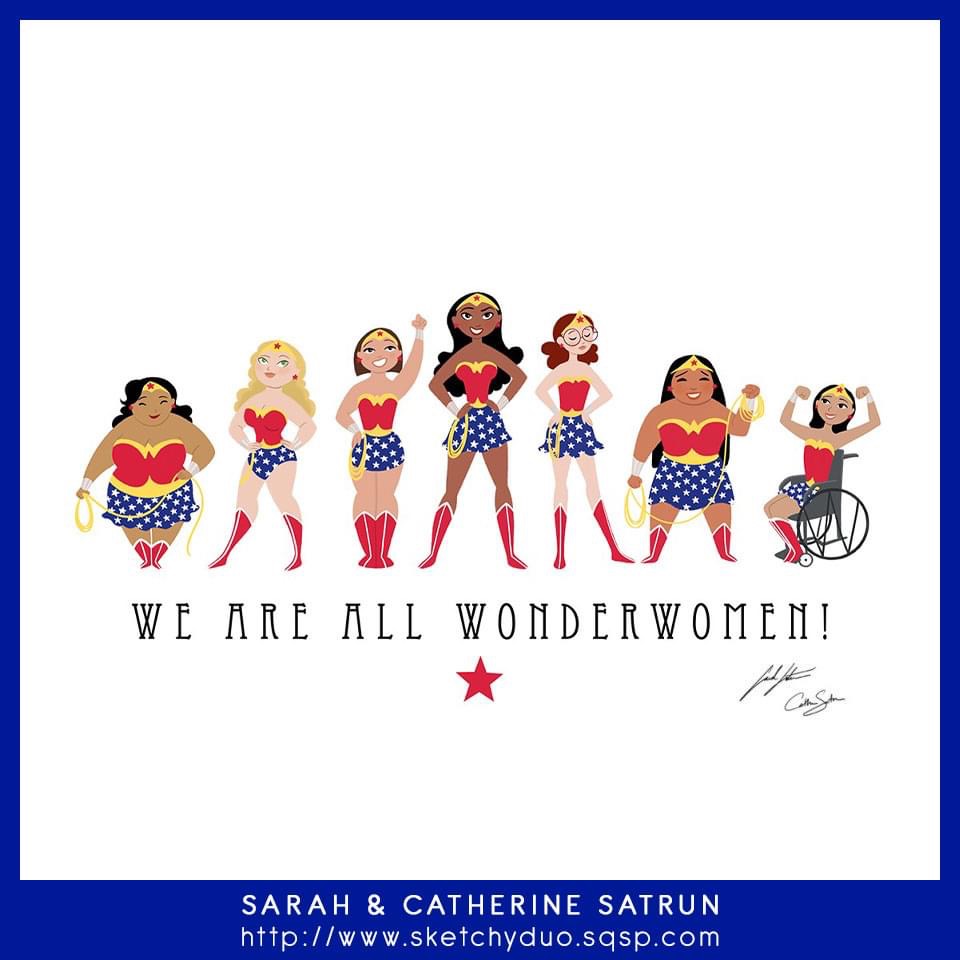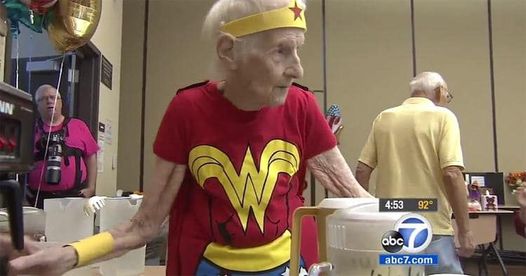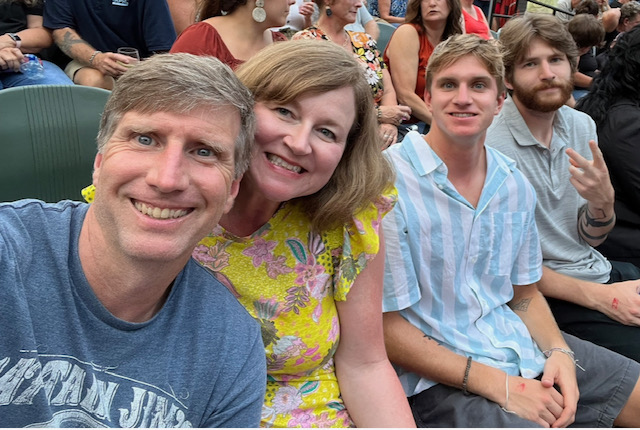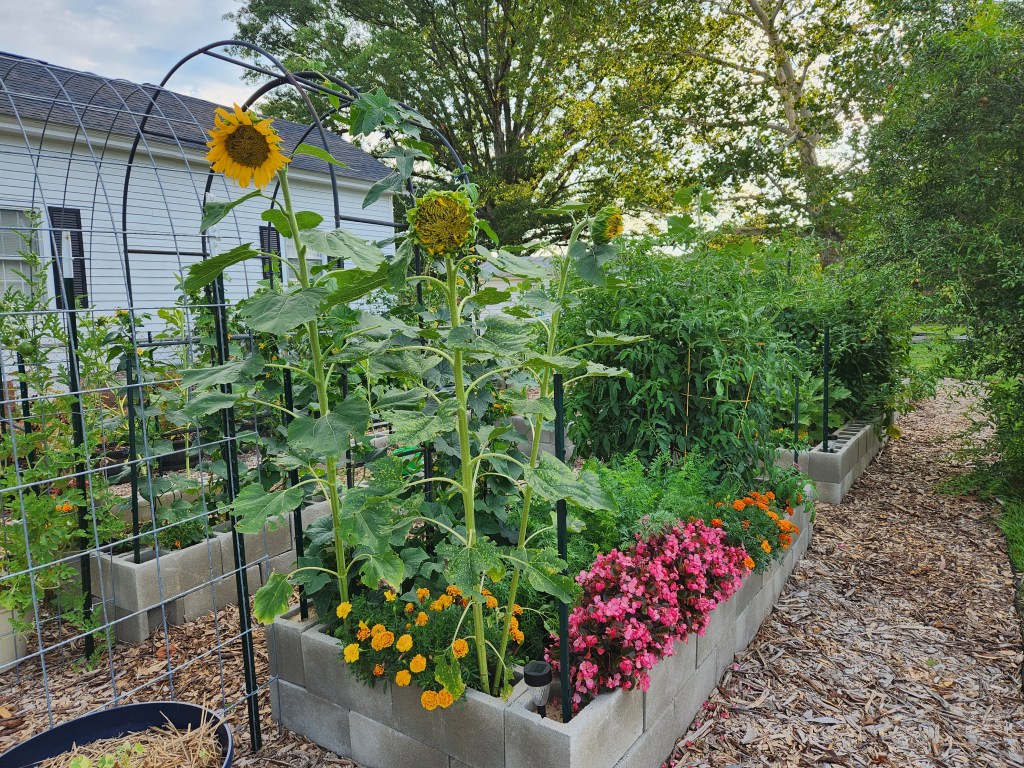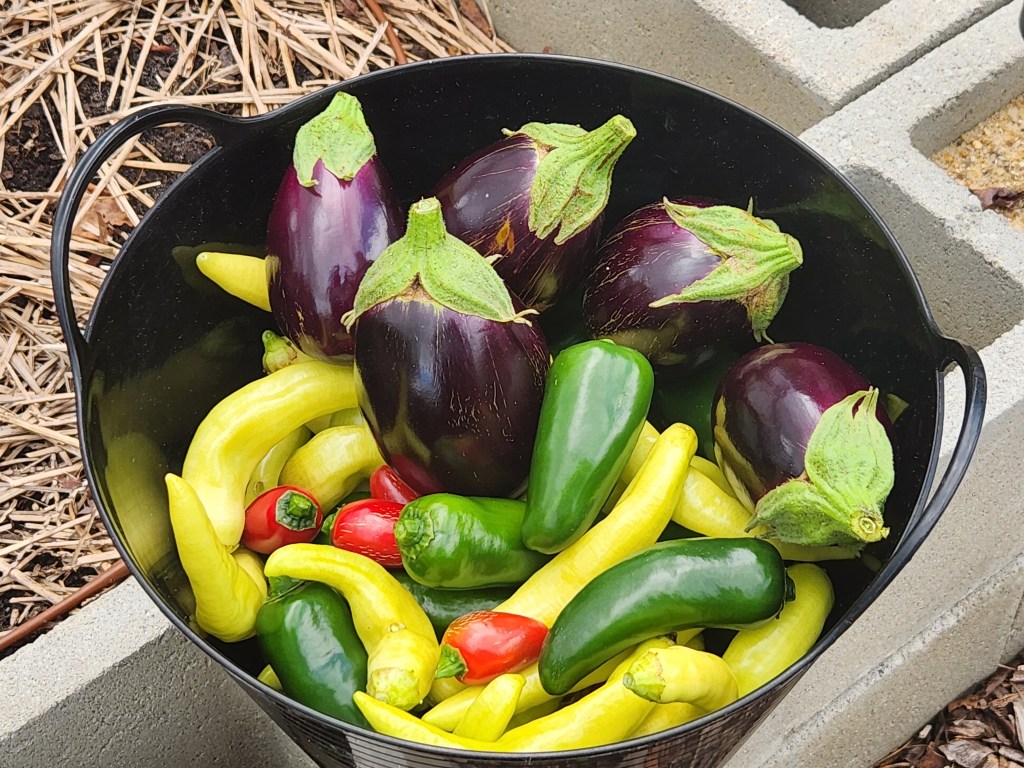One afternoon last summer my spouse came home from work smiling. Not simply happy, mind you, but his face was beaming. In response to me asking the reason for his mood, he simply said, “I am going to be Santa Claus this year.”
Curious, I responded, “Um, okay. Where did this idea come from?” Moments later I understood.
Initially asked by a colleague, “Can you grow a beard?,” my spouse accepted an invitation to be Santa Claus for his colleague’s small business. From that day on I was married to Santa Claus.

Do not get me wrong, my husband was born for this role. Look at his face, his beard, his smile… the twinkle of mischief in his eye. All the years we have been together he has radiated joy and showered blessings of hope on weary folks.
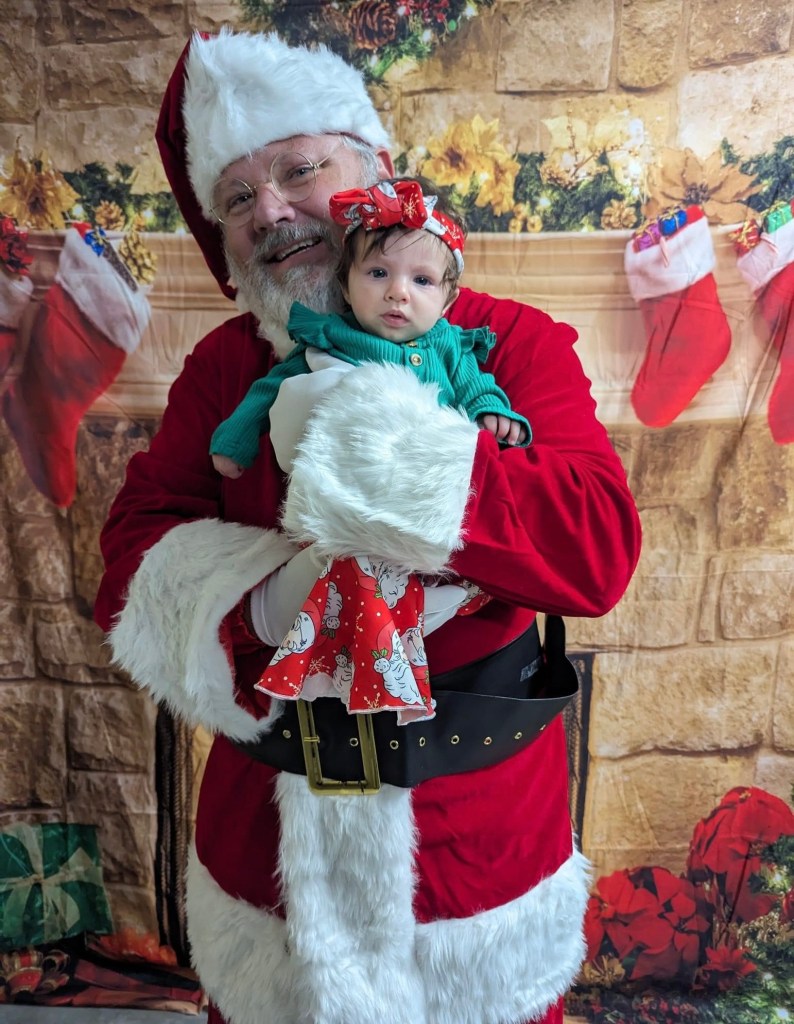
But him being Santa Claus took me off guard. I was not ready to be Mrs. Claus.
Honestly, it is not a vanity thing. I am aware that I am a woman of a certain age. Since my fiftieth birthday I have navigated a chronic autoimmune illness and daily I attempt to mitigate inflammation with meds, diet, and exercise. “Things” once in a certain place are no longer in that place as my body changes.
If I could find the right style for the natural colored, “mind of its own” hair I have sported since the pandemic lockdown, the short white hair with silver undertones would be an asset. Most days, it is not. Refusing to have unnatural brows, I struggle to find just the right eyebrow color to brush in brows reminiscent of the thick full ones I had for years. (I may have finally found one.).
And while I never had perfect skin, my skin sensitivity has drastically changed my skincare and makeup routines. The products I used no longer work and finding new products has been a financial endeavor akin to launching a new business.
I am aware that I am a mature adult; I just do not feel sixty-one.
What does ministry look like when you are sixty-one?
In my thirties and forties, I had an office and a congregation to serve. I had a chair that hugged me on hard days and a pulpit that swaddled me when I proclaimed the intersection of God’s story with God’s people. There were church folks who advocated for me and encouraged me, especially during challenging days.
In my fifties, I had an office and a campus community. I had students and colleagues who partnered with me to stand as beacons of hope during a pandemic that touched almost every student and employee in a tangible way. I had the energy and passion of young adults deconstructing their faith and reconstructing a faith organic to who they were becoming to remind me to stay on my own spiritual journey.
Yet here in my sixties, I do not have an office, a congregation or a campus community to serve. I do not have a chair that hugs me, or a pulpit that swaddles me, and I do not have students and colleagues to draw energy from, or journey with on spiritual pilgrimages. All the “traditional things” that count when people speak about ministry and pastors are no longer part of my life.
Does that mean I am no longer in ministry?
Absolutely not. I remain called to share hope, love, grace, joy, and blessing in this season of ministry. Replacing the more traditional “ministry things,” I have lounge chairs that hold me as I dream and imagine possibilities on the lanai. I have pool sounds and smells that bring me comfort. I meet the coolest people at the coolest places, including church.
For the first time I have extended family within an hour of where I live. Monthly I meet with my nieces (who are only now experiencing church as married young adults with children) just to get to know each other. I am able to visit my son and his family in Kentucky and journey with them in person during times when their life is hard to manage.
As the “stay at home” member of a multigenerational, multiracial, neurodiverse home, ministry looks like preparing meals, washing clothes, managing finances, navigating home and pet maintenance, and not taking it personally when a conversation escalates out of control, or someone is having a day when a typical way of communicating causes more frustration than needed.
During this season I am able to reach out almost immediately when someone comes to mind rather than wait for a block of time to share a word of love and care. Best of all when a story wells up, I am able to fashion and form it into something I can share with others without having to clear my calendar and reschedule multiple meetings and events.
What does ministry look like at sixty-one?
I am still figuring that out. In many ways ministry looks like it always has as I continue to love God and neighbor and continue to proclaim in word and how I live my life the intersection of God’s story with God’s people and their stories.
In other ways, ministry has been reframed for my season. One day I may return to a more traditional form of ministry, complete with all the typical “ministry things,” but for now this is what my ministry season looks like even if I am still figuring out what that means.
To be honest, it is a wondrous and magical adventure. Besides, I am married to Santa Claus. How cool is that?
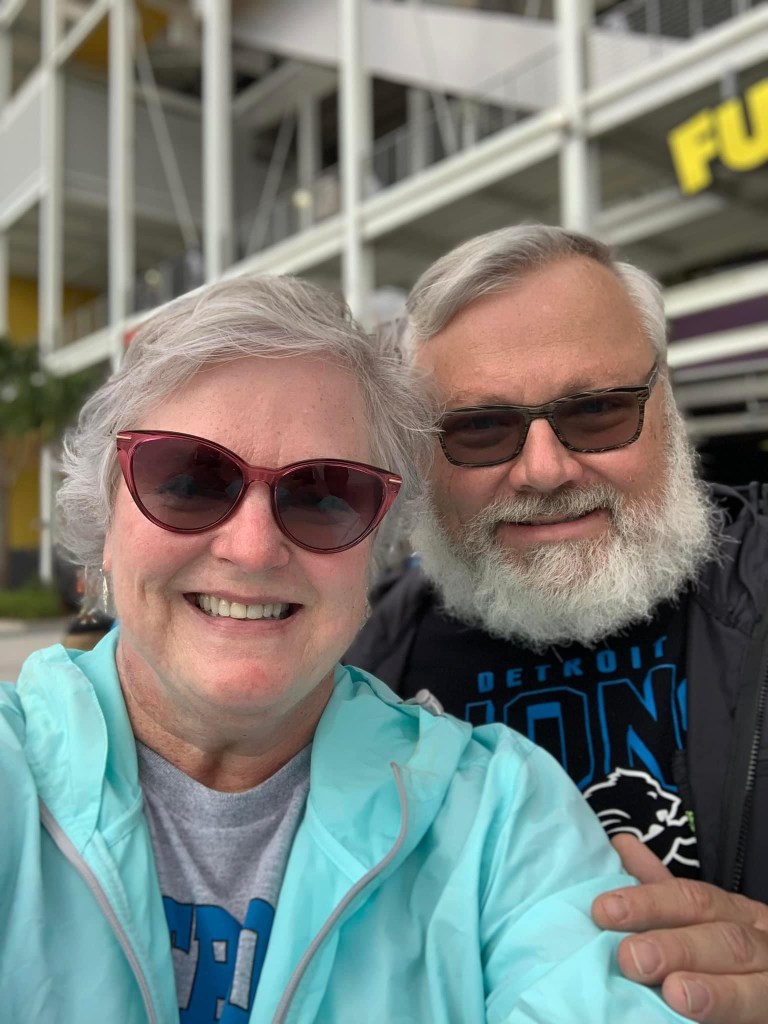
An original contributor to our book A Divine Duet: Ministry and Motherhood, Rev. Dr. Katrina Stipe Brooks has served in a variety of ministry roles: co-pastor, campus pastor, college pastor, youth pastor, coach, and retreat leader, among others. She currently lives in Florida and can frequently be found joining in the magic of Disney and engaging in ministry wherever she is.






